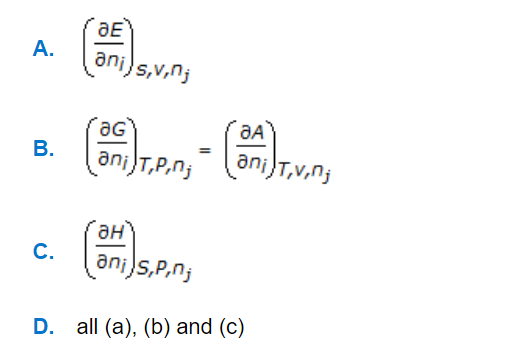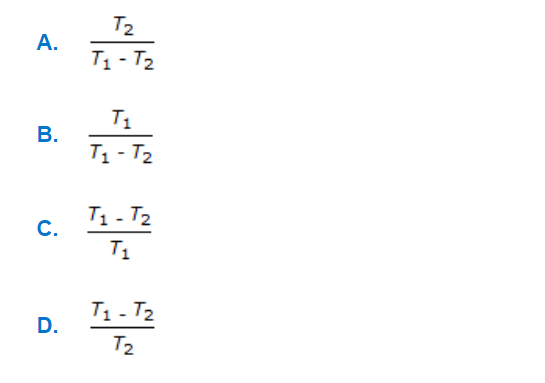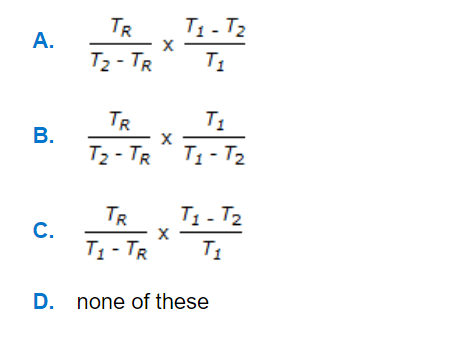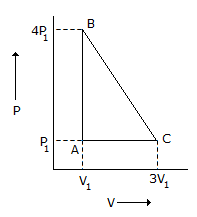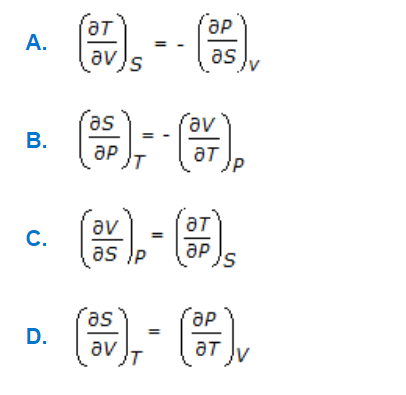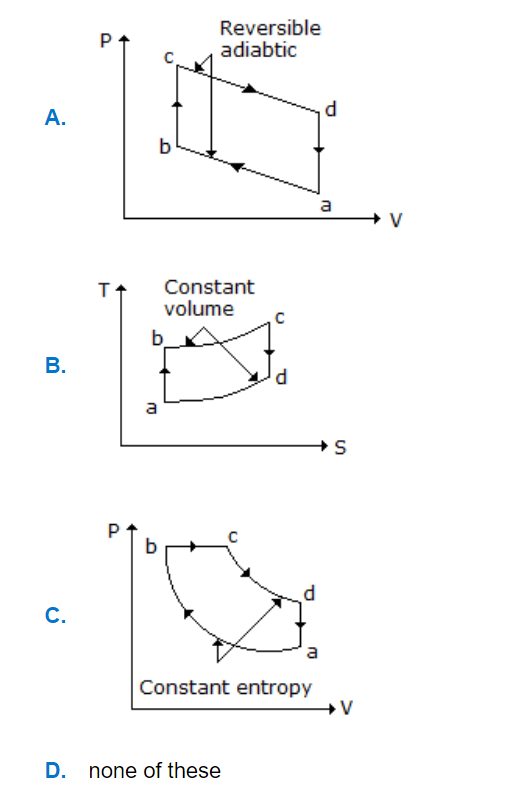Chemical Engineering Thermodynamics MCQs
Welcome to our comprehensive collection of Multiple Choice Questions (MCQs) on Chemical Engineering Thermodynamics, a fundamental topic in the field of Basic Chemical Engineering. Whether you're preparing for competitive exams, honing your problem-solving skills, or simply looking to enhance your abilities in this field, our Chemical Engineering Thermodynamics MCQs are designed to help you grasp the core concepts and excel in solving problems.
In this section, you'll find a wide range of Chemical Engineering Thermodynamics mcq questions that explore various aspects of Chemical Engineering Thermodynamics problems. Each MCQ is crafted to challenge your understanding of Chemical Engineering Thermodynamics principles, enabling you to refine your problem-solving techniques. Whether you're a student aiming to ace Basic Chemical Engineering tests, a job seeker preparing for interviews, or someone simply interested in sharpening their skills, our Chemical Engineering Thermodynamics MCQs are your pathway to success in mastering this essential Basic Chemical Engineering topic.
Note: Each of the following question comes with multiple answer choices. Select the most appropriate option and test your understanding of Chemical Engineering Thermodynamics. You can click on an option to test your knowledge before viewing the solution for a MCQ. Happy learning!
So, are you ready to put your Chemical Engineering Thermodynamics knowledge to the test? Let's get started with our carefully curated MCQs!
Chemical Engineering Thermodynamics MCQs | Page 1 of 55
Discover more Topics under Basic Chemical Engineering

